Four senior members of the Azov Regiment said on Wednesday dozens of Ukrainian soldiers recently freed from Russian captivity are making statements to government investigators for future prosecutions against Russian army and civilian officials on possible war crimes and torture charges.
The Wednesday event followed the Sept. 21 release of 215 Ukrainian soldiers held by Russia. Kyiv officials at the time said 108 were Azov Regiment members captured by Russian troops in Mariupol on May 20-22, at the end of an 85-day siege of the city’s Azovstal steel mill.
Speakers included Nikita Nadtochiy, regimental acting commander; Bohdan “Tavr” Krotevich, chief of staff; Ivan “Ignat” Ignatiev, senior staff officer for rear area support; and Ilya “Gandalf” Samoilenko, senior staff officer for personnel.
The highest-profile Ukrainian POW released on Sept. 21, Azov commander Denys Prokopenko, was sent from Russian captivity to Ankara in Turkey along with four other senior officers. Regimental staff has not had any contact with Prokopenko and other Azov officers in Turkey, Nadtochiy said. According to news reports at the time, a Kremlin-stipulated condition of Prokopenko’s and the other senior Azov officers’ release, was that they neither return to Ukraine nor fight against Russia before the war ends.
Data collection teams from Ukraine’s prosecutor general’s office and the national security agency (the SBU) are, in cooperation with regimental leadership, taking statements from the estimated 103 Azov members who returned to Ukraine, on multiple war crimes committed by Russian soldiers and officials against Ukrainian service personnel, Krotevich said. Evidence has already been handed over to the United Nations, the European Parliament and the United States, and more will follow, he said.
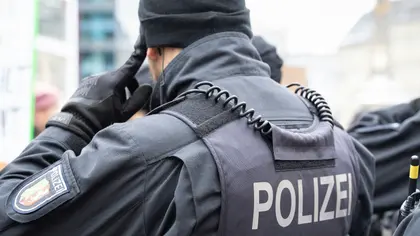
Germany Arrests Two Over Military Base Attack Plot for Russia, Aimed at Undermining Support for Ukraine
Thus far, Azov has confirmed by name 43 of the 54 Azov Regiment members believed killed in the July 29 blasts in the Olenivka detention center in occupied Donetsk, Krotevich said. Russian Federation news sources have claimed Ukrainian artillery rocketed the facility. Investigative reports by independent Ukrainian media have suggested RF engineers rigged a building used to hold captured Azov fighters with explosives.
Krotevich said details of statements being made to prosecutors about responsibility for the Olenivka explosions, and other possible Russian war crimes, “should not be made public” to protect other Ukrainians from retaliation by their Russian jailors.
More than 700 members of the Azov Regiment are still being held in Russian-run security facilities in Ukrainian territory occupied by Moscow’s troops or in the RF proper, Nadtochiy said. Another 1,800 Ukrainian Marines, special forces operators, border troops, territorial defense fighters and other troops captured by Russia at the end of the Azovstal siege are, likewise, still in Russian detention centers, Krotevich said.
“They are our brothers and sisters,” Krotevich said.
Released fighters receive full medical support, housing assistance and “rehabilitation training” to help them recover from detention conditions and return to the ranks. All 25 Azov fighters evacuated medically from Mariupol by helicopter in the early stages of the siege have fully recovered from injures and are currently on active duty with the regiment, Nadtochny said.
Krotevich said regimental leadership decided to surrender and end the Azovstal siege on May 20 because more than 300 seriously wounded fighters still within Ukrainian lines would have died had they not received proper medical care.
Russian army and, later, prison doctors and nurses subsequently provided injured Azov soldiers minimal and sometimes inadequate medical care, Samoilenko said. Released soldiers now in Ukrainian hospitals “all, 100 percent” suffer from long-term health problems resulting from, among other causes, poorly set bones, damp and poorly heated prison cells, and poor nutrition while prisoners of war, he said
Russian state media routinely calls Azov a Ukrainian fascist organization dedicated to racial purity. Ukrainian news sources usually describe the group as a right-wing/conservative national organization dedicated to professionalism, patriotism and Ukrainian independence.
Kyiv Post reporters embedded with a front-line Azov unit in June saw neither nazi nor fascist emblems, nor observed evidence of racism or ethnic intolerance.
You can also highlight the text and press Ctrl + Enter


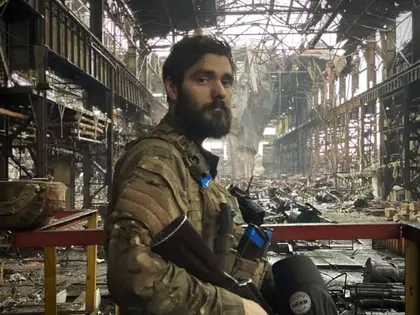
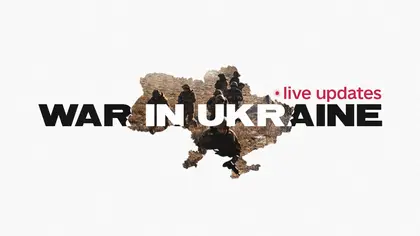
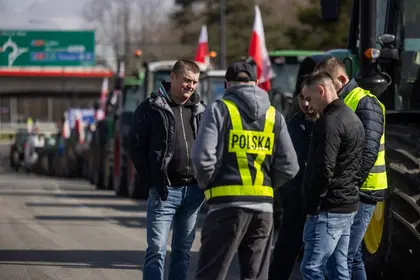
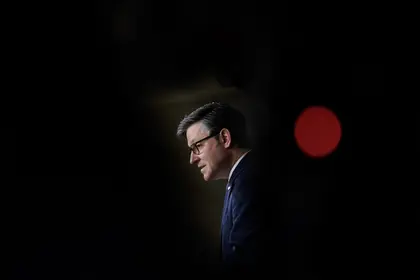
Comments (0)